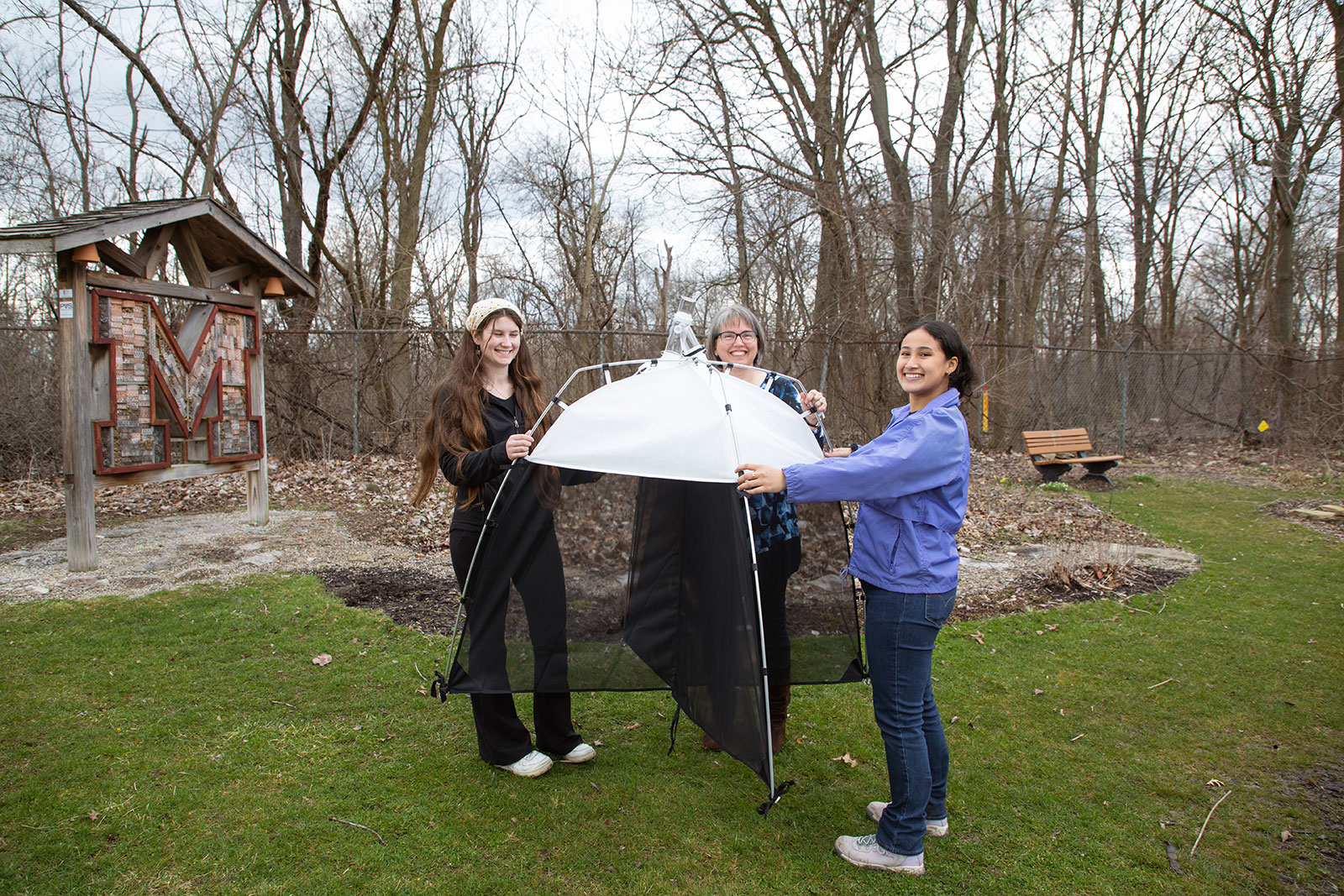Related Resources
Get Valuable Hands-On Experiences
 Explore environmental problems and solutions by incorporating perspectives from a variety of disciplines, including biology, chemistry, geological sciences, and the social sciences in our bachelor’s degree program at the University of Michigan-Dearborn. We’ve designed it based on the philosophy that a strong, broad foundation in science is the best preparation for careers in environmental fields or for graduate studies.
Explore environmental problems and solutions by incorporating perspectives from a variety of disciplines, including biology, chemistry, geological sciences, and the social sciences in our bachelor’s degree program at the University of Michigan-Dearborn. We’ve designed it based on the philosophy that a strong, broad foundation in science is the best preparation for careers in environmental fields or for graduate studies.
You’ll have plenty of hands-on experiences in our program, which emphasizes immersive activities such as internships, field studies, research with faculty, and community engagement.
Where an Environmental Science Degree Will Take You
It will prepare you for a variety of fulfilling careers in state and national government agencies, local conservation agencies, environmental consulting firms, nonprofit organizations working in resource management and advocacy, firms engaged in waste management, and education, among others. You’ll also have a solid foundation for graduate studies in numerous fields, including our master’s degree program in environmental science at UM-Dearborn.

